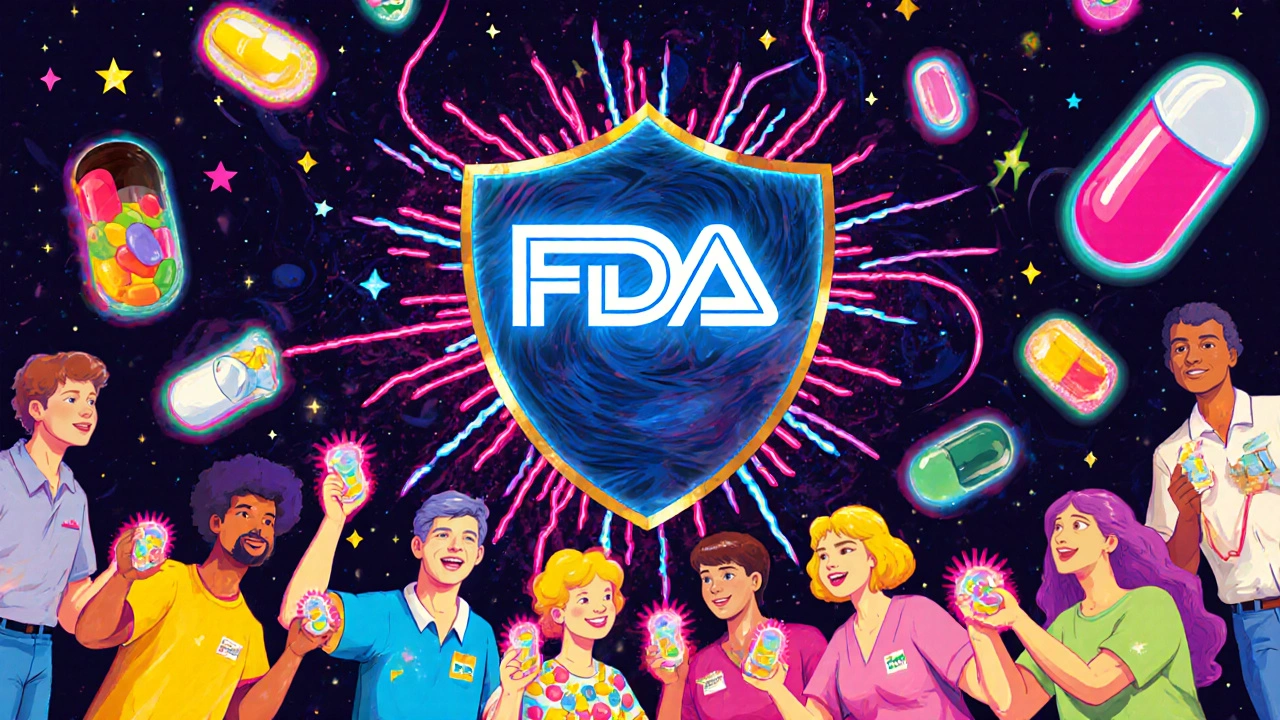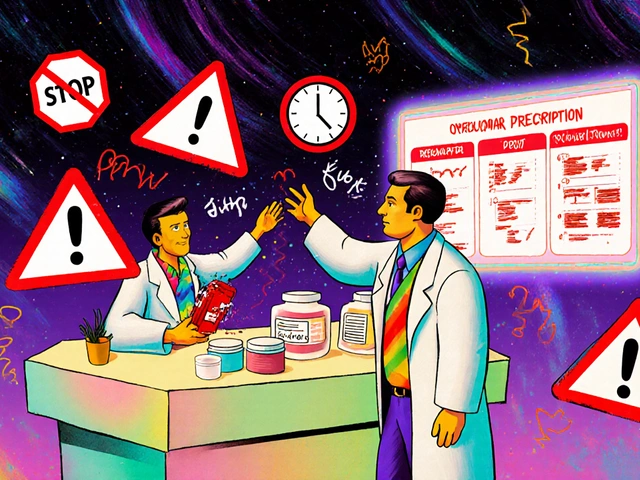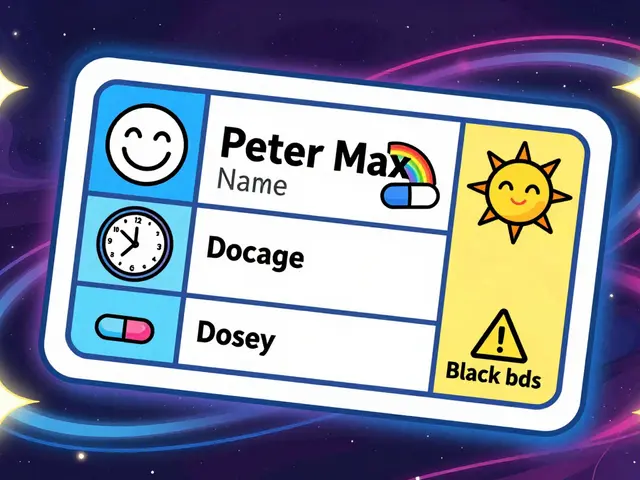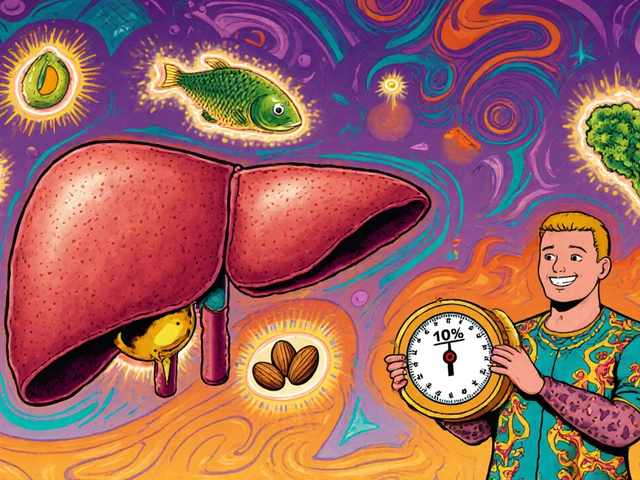Medication Problems: Common Side Effects, Interactions, and How to Stay Safe
When you take a pill to feel better, you expect it to help—not hurt. But medication problems, unexpected or harmful effects from drugs that aren’t the intended outcome. Also known as adverse drug reactions, these issues can turn a simple treatment into a serious health challenge. Whether it’s muscle pain from statins, skin infections from acne meds, or herbs that cancel out your blood pressure drug, medication problems are more common than most people realize.
These problems don’t happen in a vacuum. They’re often tied to drug interactions, when two or more substances affect each other’s behavior in the body. For example, St. John’s Wort can make birth control, antidepressants, or even heart meds stop working. Or, taking ibuprofen too often can damage your kidneys, especially if you’re also on blood pressure pills. Even pharmacy errors, mistakes in dispensing or labeling medication. Also known as prescription errors, these can lead to duplicate therapy or early refills that put you at risk for overdose or complications. And it’s not just about what’s in the bottle—your genes matter too. Some people have a genetic variant that makes them far more likely to get muscle pain from statins, which is why pharmacogenomics testing is now helping doctors pick safer options like pravastatin instead of simvastatin.
Medication problems don’t always show up right away. Sometimes, they creep in slowly—like hearing loss from abnormal bone growth in the ear, or bladder issues from drugs that don’t quite fit your body. Others strike fast, like an allergic reaction or a dangerous drop in blood sugar. That’s why staying informed matters. Tracking global safety alerts from the FDA or WHO, knowing your own risk factors, and asking your pharmacist about interactions aren’t just good habits—they can save your life.
Below, you’ll find real-world guides on exactly how these problems show up, who’s most at risk, and what to do about them. From statin muscle pain that stops you from exercising, to herbal supplements that clash with your prescriptions, to how pharmacies can mess up even with the best intentions—this collection cuts through the noise. You won’t find fluff. Just clear, practical advice to help you spot trouble before it hits.
MedWatch: How to Report Medication Side Effects and Safety Issues
Learn how to report medication side effects and safety issues through MedWatch, the FDA’s official system for tracking adverse events. Find out who can report, what to include, and why your report matters.






